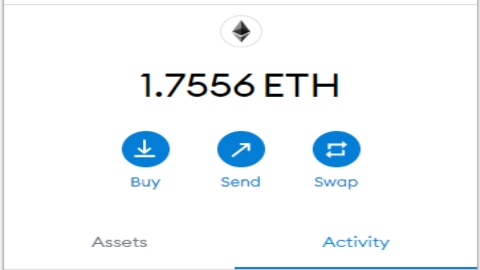The founders of cryptocurrency exchange BitMEX have pleaded guilty to violating the Bank Secrecy Act following a lengthy litigation process with the United States Department of Justice (DOJ)..
The American Arthur Hayes and British Hong Konger Benjamin Delo admitted “Intentionally failing to establish, implement and maintain an anti-money laundering (AML) program” at its crypto derivatives and futures exchange, BitMEX.
BitMEX is a Seychelles-based cryptocurrency trading platform that offers crypto futures, derivatives, and up to 100x margin trading. The exchange once offered its services without any know-your-customer verification (KYC) or AML procedures to Americans.. The DOJ’s February 24 announcement on the case states that that lack of regulatory compliance essentially caused BitMEX to become a “money laundering platform”.
Both Hayes and Delo pleaded guilty before the March trial date, and have agreed to pay $10 million in criminal fines each..
HAYES, 36, of Miami, Florida, and DELO, 38, of the United Kingdom and Hong Kong, pleaded guilty to one count each of violating the Bank Secrecy Act, which carries a maximum penalty of 5 years in prison – DOJ
— db (@tier10k) February 24, 2022
HAYES, 36, of Miami, Florida, and DELO, 38, of the United Kingdom and Hong Kong, pleaded guilty each to one count of violating the Bank Secrecy Act, which carries a maximum sentence of 5 years in prison. prison – DOJ
DOJ attorney Damian Williams said that Operating a cryptocurrency business in the US carries “an obligation that those businesses do their part to help drive out crime and corruption”. He went on to say that BitMEX operated as “a platform in the shadows of the financial markets” and that:
“Arthur Hayes and Benjamin Delo built a company designed to circumvent those obligations; they deliberately failed to apply or maintain even basic anti-money laundering policies.”
Adding further fuel to the DOJ case was the suggestion that Hayes had bribed the local Seychelles government when BitMEX completed its move there in 2020.. He allegedly bragged that the bribe cost him only a coconut.
Although BitMEX’s base of operations was in the United States from approximately 2015 to 2020, Hayes and Delo insisted that no Americans used the platform. The DOJ proved that claim to be untrue. In January 2021, the exchange reported that it had verified 100% of its users with a KYC-AML procedure..
Since fully verifying all of its users, BitMEX’s share of Bitcoin Futures Open Interest (OI) has dwindled to relatively insignificant.. As of February 2021, there was only about $3.5 billion in OI, of which almost a third came from BitMEX. However, there is now USD 15,180 million in OI according to data from CoinGlassof which only 482 million, or 3%, come from BitMEX.
Clarification: The information and/or opinions expressed in this article do not necessarily represent the views or editorial line of Cointelegraph. The information set forth herein should not be taken as financial advice or investment recommendation. All investment and commercial movement involve risks and it is the responsibility of each person to do their due research before making an investment decision.
Keep reading:
Investments in crypto assets are not regulated. They may not be suitable for retail investors and the full amount invested may be lost. The services or products offered are not aimed at or accessible to investors in Spain.
